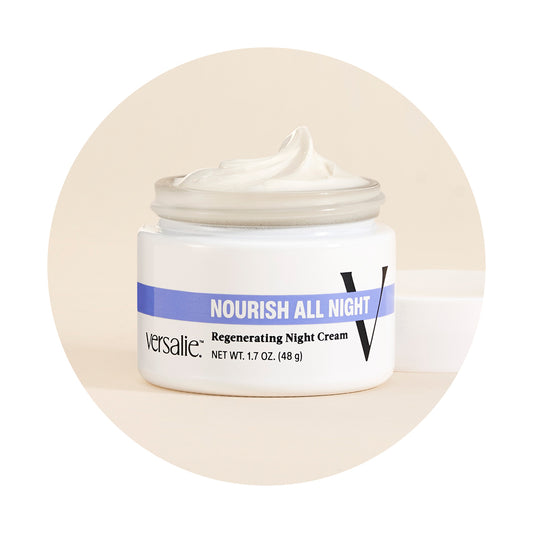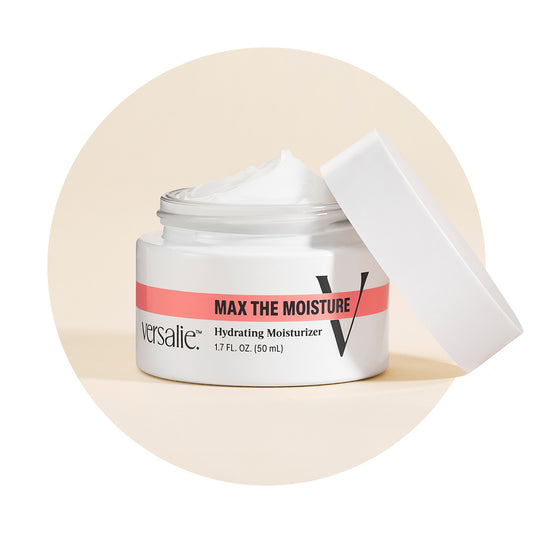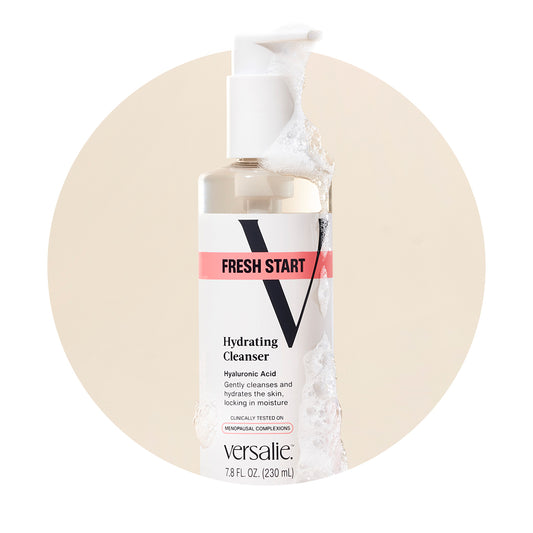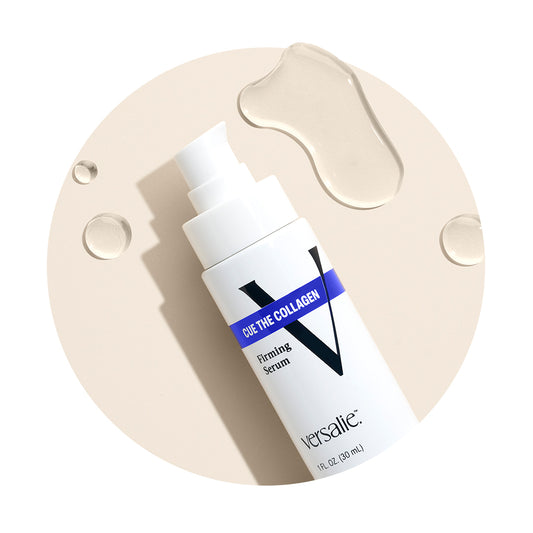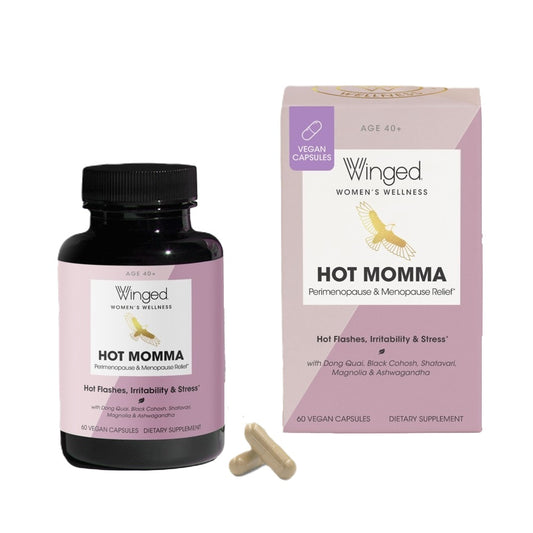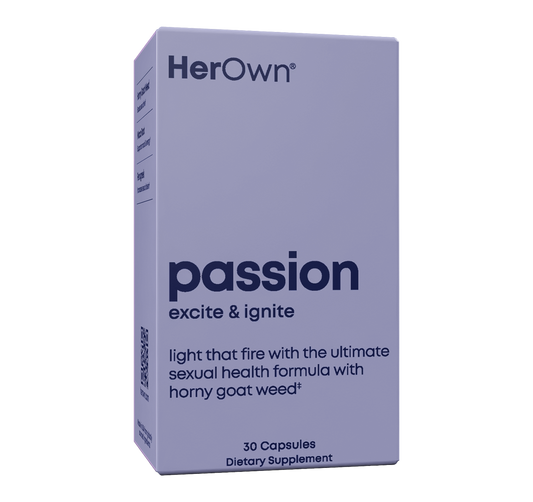You’ve probably heard a lot about the importance of drinking water, regardless of your stage of life. Water helps regulate your body temperature, keep your joints healthy, and support your brain function. By simply drinking water, you may be able to improve your physical performance, mental clarity, and overall sense of wellbeing.
But did you know that drinking water may also help with overall skin health, achy joints, and mood? Although drinking water won’t decrease hot flashes, drinking small amounts of cold water before bed may help cool you down. Read on to learn more.
Hydration and hot flashes
Hot flashes are one of the most common, and quite frankly, annoying symptoms of menopause. Estrogen helps regulate your hypothalamus, the part of the brain that controls your body’s temperature. As estrogen declines, your body is less able to regulate its temperature, thereby leading to periods of excessive heat. Hot flashes can make you sweat, make your heart beat faster, and sometimes make you feel more anxious. And all of this can also interfere with sleep and daily activities.
While there’s no magic cure for hot flashes, it turns out that drinking water and staying hydrated can help. When your body doesn’t have enough water, it has trouble regulating your temperature. This, along with the change in the hypothalamus's ability to operate at its peak, can increase body temperature. Drinking water throughout the day may help to keep your body’s temperature in check.

Hydration and skin health
For many people, menopause brings about a variety of changes to their overall skin health, such as dryness, itchiness, and more wrinkles. When you drink water, you’re helping your skin cells to stay plump and hydrated. This helps your skin maintain its elasticity and firmness, perhaps slowing down the appearance of fine lines and wrinkles that are so common with aging.
In addition, staying hydrated can help make dark circles and eye puffiness a bit less noticeable. Why? Because when your skin is dry, it becomes thinner and allows the blood vessels underneath to show through. Drinking plenty of water can help restore skin elasticity, keeps the skin supple, and can help reduce those pesky dark circles.
And guess what? When your skin is well-hydrated, it glows! It reflects light better and gives your complexion a more radiant appearance.
Hydration and your mood
One symptom of being dehydrated is feeling tired and cranky. Drinking water can help your blood flow better and bring more oxygen to your brain. This may help you think better and feel happier.
In addition, dehydration is associated with increased cortisol (a stress hormone). When your cortisol level is raised, it can be harder to relax and sleep. Drinking water may temporarily lower cortisol but will not affect normal cortisol levels.

So, how much water should I drink?
There’s no recommendation for the amount of plain water people should drink daily. But there are recommendations for daily total water intake from a variety of beverages and foods. The amount of water you need per day depends on your age, how much you weigh, and how active you are. The weather can also make a difference.
As a general guideline, the U.S. Academies of Sciences, Engineering, and Medicine recommend about 11.5 cups (2.7 L) of fluid per day for women. If you’re experiencing hot flashes or other menopause symptoms, you may need to drink even more. Talk to your healthcare provider or a registered dietitian to find out how much water is right for you.
Besides water, you can also stay hydrated from other fluids, like herbal tea, juice, and soup. Just be careful not to drink too many sugary drinks. They can contribute to weight gain and other health problems.
Creative ways to drink more water
Here are some tips to help you drink enough water each day:
- Drink first. Keep a glass of water by your bed and take a few sips as soon as you wake up. This can help rehydrate your body after a night of sleep.
- Add some flavor. You can make water taste better by adding slices of fruit, like lemon, lime, or cucumber. You can also add herbs like mint or basil. If you prefer a sweeter taste, you can add a little honey or agave syrup.
- Make water easy to get. Put water bottles or pitchers in the rooms you spend the most time in. You can also carry a water bottle with you when you’re on-the-go. If you forget to drink water, set alarms on your phone to remind you.
- Eat foods with lots of water. Eating water-rich foods like fruits, vegetables, and soups can help you stay hydrated without drinking as much water.
- Change it up. Make changes to how you drink your water to keep yourself engaged. You can try adding ice cubes to your water, using a water filter that removes impurities, or getting a water bottle that tracks your water intake. You can also try making a game out of drinking water by setting goals and rewarding yourself when you reach them.


